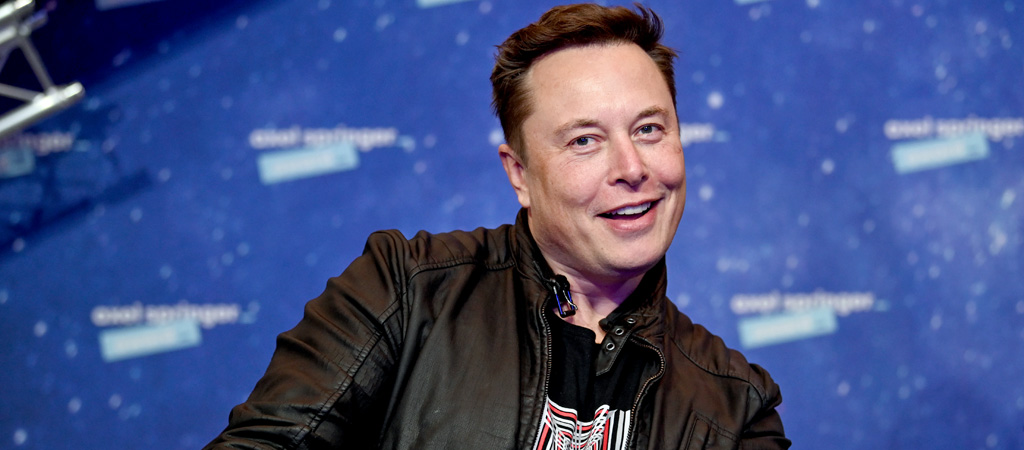Elon Musk may have a B.A. in Physics, but few people would likely want him rooting around inside their brain. Yet here we are. The polarizing entrepreneur, who is already trying to make driverless cars and space tourism a thing, is also apparently now ready to realize his dream of normalizing brain implants that would allow people to control a computer with just their thoughts.
As the Daily Beast reports, Musk’s company, Neuralink, is one step closer to conducting human trials—and scientists are understandably very, very worried about the implications.
“I don’t think there is sufficient public discourse on what the big picture implications of this kind of technology becoming available [are],” Dr. Karola Kreitmair, assistant professor of medical history and bioethics at the University of Wisconsin-Madison, told Daily Beast. “I worry that there’s this uncomfortable marriage between a company that is for-profit… and these medical interventions that hopefully are there to help people.”
Experts in the science and medical fields first caught wind of Neuralink’s ramp-up to human trials when it was announced that Neuralink was on the lookout for a Clinical Trial Director. The basic description of the job reads as follows:
“As the Clinical Trial Director, you’ll work closely with some of the most innovative doctors and top engineers, as well as working with Neuralink’s first Clinical Trial participants! You will lead and help build the team responsible for enabling Neuralink’s clinical research activities and developing the regulatory interactions that come with a fast-paced and ever-evolving environment. You are mission-driven and are able to meet tight deadlines with accuracy and efficiency.”
A “working knowledge of medical and scientific terminology” is one of the key qualifications they’re looking for (gee, ya think?).
For many scientists, the concern is a bioethical one.
“These are very niche products,” Dr. L. Syd Johnson, an associate professor in the Center for Bioethics and Humanities at SUNY Upstate Medical University, told the Daily Beast. While she noted that these tools could be helpful to some paralyzed individuals, Dr. Johnson also said that “the market is small [and] the devices are expensive.”
“If the ultimate goal is to use the acquired brain data for other devices, or use these devices for other things—say, to drive cars, to drive Teslas—then there might be a much, much bigger market,” Syd warned. “But then all those human research subjects—people with genuine needs—are being exploited and used in risky research for someone else’s commercial gain.”
Neuralink did not respond to The Daily Beast’s request for comment on the story.
(Via The Daily Beast)

